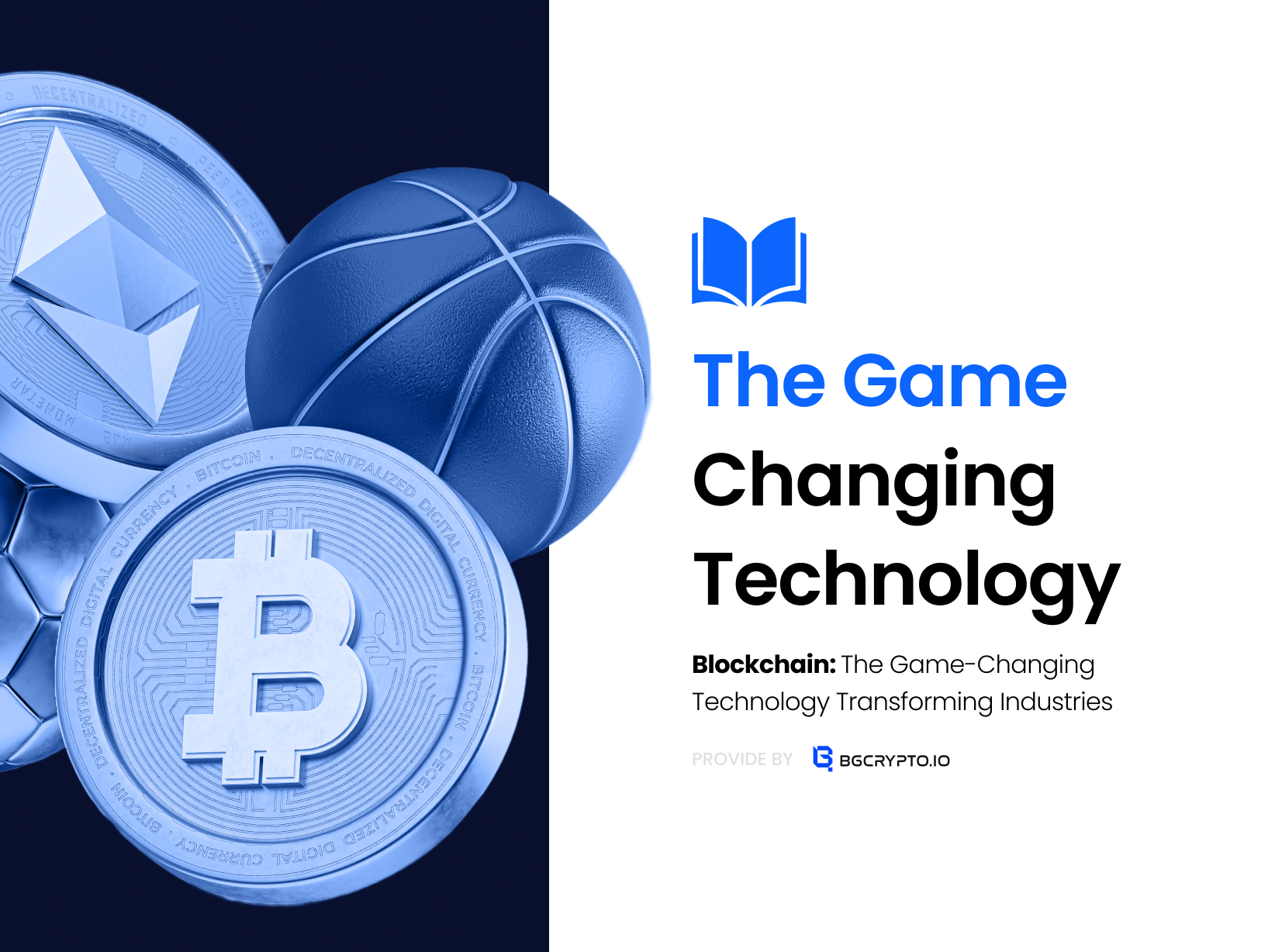Introduction
While blockchain is widely recognized as the technology behind cryptocurrencies like Bitcoin, its applications extend far beyond digital currencies. As a decentralized, secure, and transparent system, blockchain has revolutionized multiple industries by enabling trustless transactions and immutable data records. In this article, we will explore what blockchain is, its key applications across various sectors, and its future potential.
What is Blockchain?
Blockchain is a decentralized, distributed ledger system that allows for the secure and transparent recording of transactions across multiple computers. The ledger’s immutability ensures that once data is entered, it cannot be altered without the consensus of the network. Each block contains a cryptographic hash of the previous block, a timestamp, and transactional data, forming a chain of blocks that is resistant to tampering
(Learn Hub | G2)(Built In).
Originally developed to support Bitcoin in 2009, blockchain has since expanded into various fields, demonstrating its value beyond cryptocurrencies. One of the primary advantages of blockchain is its ability to eliminate the need for intermediaries, making transactions faster, more cost-effective, and secure Built In.
Key Applications of Blockchain
- Finance and Banking
- Cryptocurrency: Blockchain first gained attention through Bitcoin and other digital currencies, which allow peer-to-peer transactions without relying on traditional banks McKinsey & Company.
- Cross-border Payments: By cutting out intermediaries, blockchain facilitates real-time cross-border payments, reducing costs and increasing transaction speeds Learn Hub | G2.
- Smart Contracts: These are self-executing contracts where the terms of the agreement are directly written into the code, automating processes like loans, insurance claims, and supply chain management Learn Hub | G2.
- Supply Chain Management
- Blockchain technology is transforming the supply chain by providing end-to-end transparency. Businesses can now track products throughout their lifecycle, from origin to consumer, ensuring authenticity and preventing fraud Built In.
- Companies like IBM and Walmart are leveraging blockchain to track food safety and reduce inefficiencies World Economic Forum.
- Healthcare
- Blockchain’s ability to provide secure, decentralized data storage is particularly valuable in healthcare. Patient data can be shared across platforms without compromising privacy, improving the coordination between healthcare providers Learn Hub | G2.
- Additionally, blockchain can streamline insurance claims, eliminating fraudulent activities and reducing administrative costs Built In.
- Government and Public Services
- Blockchain’s transparency and immutability make it an ideal solution for voting systems, land registries, and public records. Governments worldwide are exploring blockchain to enhance the integrity and efficiency of public services
- World Economic Forum.
The Future of Blockchain
Looking ahead, blockchain is poised to impact several key areas:
- Web3 and Decentralized Internet: Blockchain will play a crucial role in Web3, the next generation of the internet, which emphasizes decentralization and user control. Through decentralized applications (dApps), blockchain will give users control over their data, enabling more peer-to-peer interactions World Economic Forum.
- Blockchain as a Service (BaaS): Large tech companies like Microsoft and IBM are offering BaaS platforms, allowing businesses to integrate blockchain solutions without investing heavily in infrastructure McKinsey & Company.
- Interoperability: One of the most exciting developments is the growing interoperability between different blockchain networks and with external systems, making cross-platform functionality more efficientMcKinsey & Company.
However, there are still barriers to mainstream adoption, such as regulatory challenges and scalability concerns. Addressing these issues will be critical for blockchain to realize its full potential World Economic Forum.
Conclusion
Blockchain is more than just the technology behind Bitcoin. It is a transformative tool that is reshaping industries by providing transparency, reducing costs, and ensuring data integrity. From finance to healthcare, supply chain management, and public services, blockchain is setting the stage for a decentralized, trustless future. As technology continues to evolve, its applications will become more widespread, pushing the boundaries of innovation and efficiency.



